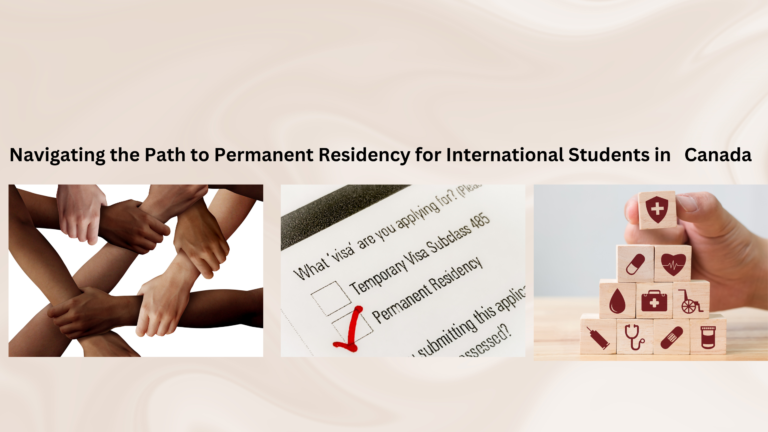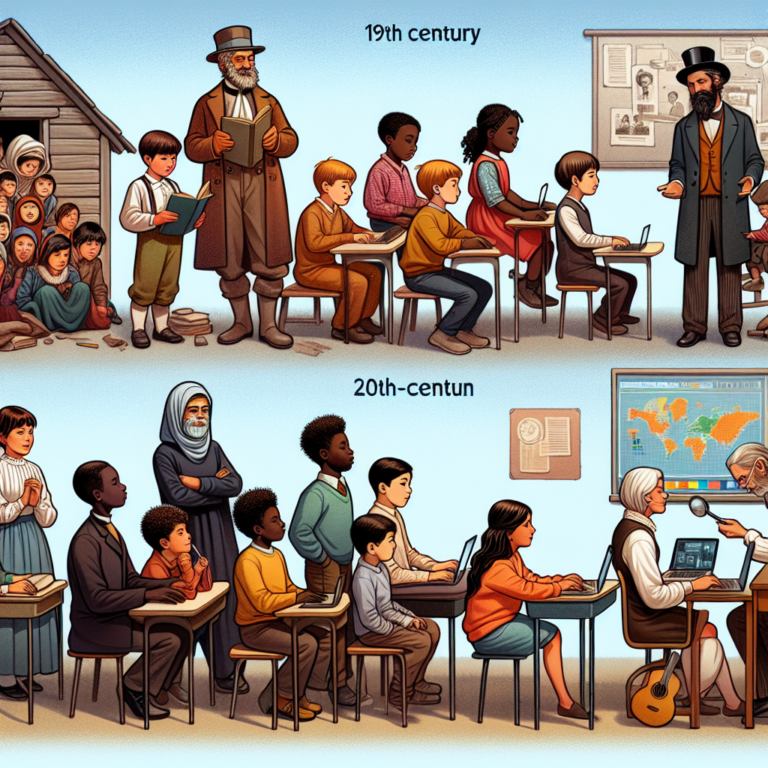Why is Canada Considered One of the Best Countries for Education?
Introduction
Why is Canada considered one of the best countries for education? It’s a question asked by students, parents, and educators worldwide, and for good reason. Canada’s education system consistently ranks among the best globally, offering high-quality learning experiences from primary to tertiary levels. In this blog post, we’ll dive deep into what makes Canada such a powerhouse in education, explore its advantages and disadvantages, examine common problems, and even provide a case study to illustrate its impact. If you’re wondering whether Canada is the right place for you or your child to study, keep reading. This post covers all the essential details you need to know.
The Strengths of Canada’s Education System
A Globally Recognized Education System
Canada’s education system is recognized for its strong academic performance, innovative teaching approaches, and inclusivity. The country spends generously on education, ensuring that both public and private institutions maintain high standards. Canadian universities are also world-renowned, consistently ranking high in global listings such as the QS World University Rankings and Times Higher Education.
Bilingual Education
Canada is a bilingual country, offering instruction in both English and French. This creates unique opportunities for students to become proficient in both languages, a highly marketable skill in today’s globalized world. Bilingual education is mandatory in many regions, giving students an edge in career prospects and cultural exposure.
Accessible Education for All
Canada prides itself on making education accessible to everyone. From rural areas to urban centers, the government works hard to provide quality education across all provinces. Additionally, Canada’s public schooling is free for all citizens and permanent residents, and higher education, though not free, is relatively affordable compared to other countries like the U.S.
Supportive Learning Environment
Canadian schools and universities are known for their welcoming, inclusive atmospheres. With a strong emphasis on student well-being, teachers and administrators are trained to support students emotionally and academically. International students, in particular, find that Canada offers a friendly and supportive environment, which is key to succeeding in their studies.
The Drawbacks of Studying in Canada
Cost of Living
While tuition fees in Canada are generally lower than in countries like the United States, the cost of living can be high, particularly in cities like Toronto and Vancouver. Students may find that rent, food, transportation, and other living expenses add up quickly, making it necessary to budget carefully.
Challenging Admission Process for International Students
Gaining admission to Canadian universities is highly competitive, especially for international students. The requirements can vary widely between provinces and institutions, which can make the process confusing and overwhelming. Furthermore, visa applications and work permits for international students can be time-consuming and require careful planning.
Climate
For many international students, especially those from warmer climates, Canada’s cold winters can be a significant disadvantage. Harsh weather conditions can make it difficult to travel, enjoy outdoor activities, and even stay motivated during the school year.
Problems and Concerns in Canada’s Education System
Unequal Access to Education
While Canada has made education accessible to many, rural and Indigenous communities often face challenges in accessing the same quality of education as urban areas. The availability of teachers, modern facilities, and updated curricula may be limited, raising concerns about educational equality.
Rising Tuition Costs
While tuition in Canada is more affordable than in other countries, it has been steadily increasing in recent years. This trend has sparked concerns about the long-term affordability of higher education, particularly for middle- and low-income families.
Mental Health Challenges
The pressure to succeed academically is high in Canada, leading to rising rates of anxiety, depression, and other mental health challenges among students. Although Canadian schools are improving their mental health resources, many argue that more needs to be done to support students holistically.
Dos and Don’ts for International Students in Canada
Dos:
- Do plan your budget carefully: Tuition may be lower, but living expenses can be high.
- Do explore scholarships: Many Canadian institutions offer scholarships specifically for international students.
- Do take advantage of bilingual education: Learning both English and French can open many doors for you in the job market.
- Do research the city you plan to live in: Consider factors like weather, cost of living, and cultural opportunities.
- Do engage in extracurricular activities: Canadian institutions offer a wealth of student clubs, organizations, and opportunities for personal growth.
Don’ts:
- Don’t underestimate the cold winters: Make sure to invest in proper winter clothing and prepare for harsh weather.
- Don’t ignore visa requirements: The process can take time, so start your application early.
- Don’t wait until the last minute to apply: Universities in Canada are highly competitive, especially for international students.
- Don’t isolate yourself: Take advantage of Canada’s welcoming culture by getting involved in the community and making connections.
- Don’t forget about healthcare: Ensure you are covered by an appropriate health insurance plan during your studies.
5 FAQs About Canada’s Education System
- Is education in Canada free?
- Primary and secondary education is free for citizens and permanent residents, but higher education comes with tuition fees.
- Is Canada a good destination for international students?
- Yes, Canada is one of the top choices for international students due to its high-quality education, welcoming culture, and post-study work opportunities.
- What is the language of instruction in Canadian schools?
- Both English and French are official languages of instruction, depending on the region.
- How expensive is it to study in Canada?
- Tuition fees vary by program and institution, but they are generally more affordable than in countries like the U.S. or the U.K. However, the cost of living can be high.
- What are the job prospects after studying in Canada?
- Canada offers excellent job opportunities for graduates, especially in fields like engineering, healthcare, and information technology.
My Advice
If you’re considering studying in Canada, my advice is to start your research early. Take time to understand the education system, the costs involved, and the visa requirements. If possible, visit the campuses you’re interested in, talk to current students, and explore the city you plan to live in. Be proactive in seeking scholarships and financial aid, and most importantly, don’t forget to enjoy the experience of living in one of the most multicultural and welcoming countries in the world.
Conclusion
Canada is undoubtedly one of the best countries for education, thanks to its world-class institutions, bilingual education, and inclusive learning environments. However, it’s essential to be prepared for the financial and climatic challenges that come with studying in this vast country. For students willing to embrace these challenges, the rewards of a Canadian education are immense, providing excellent career opportunities and personal growth.







